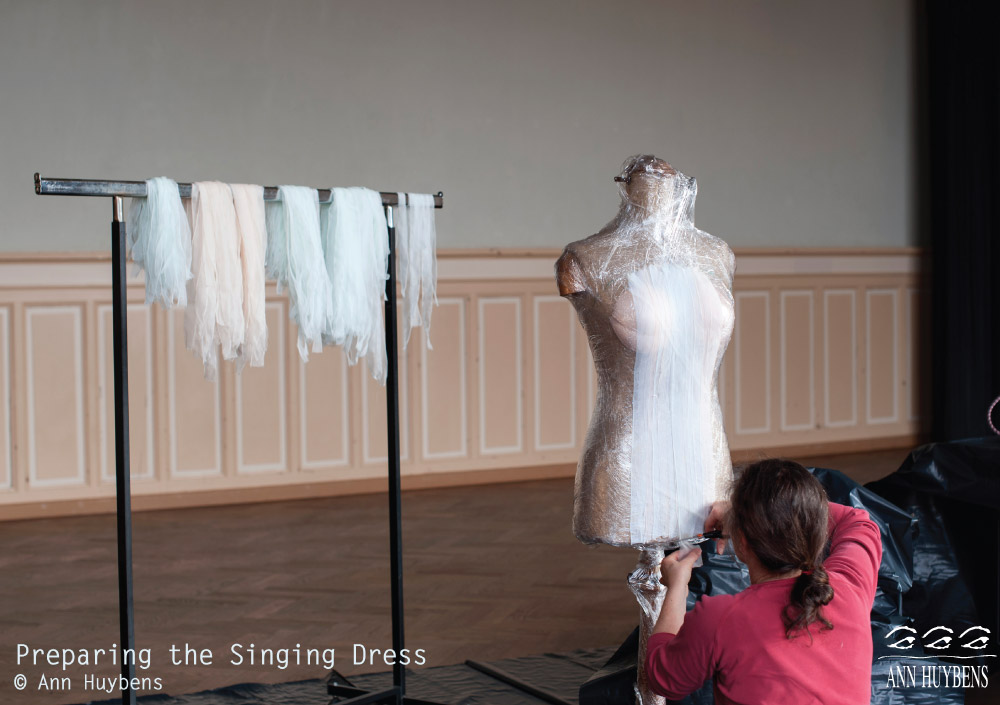get (back) to work
ANN
I feel it is important for me to be surrounded by beautiful things, crafted by hand. Before, this meant my life had a particularly stressful rhythm time in the workshop, weekly travel to Paris for fashion shows, with clients for tryouts and fittings but after cancer I have a very different rhythm of life.
Now my days are slow, very slow. I normally sleep a lot and generally respect my own rhythm. I can now make time for singing and dancing, which I love, and I do not miss the stress of the clients and of the fashion world. But I miss the clients themselves, I miss working with my hands, I miss the material, I miss the process of making an idea into reality. Above all I miss surprising people with my creations. Perhaps something between that rhythm then and this rhythm now would be ideal.
CHARLOTTE AND JOKE
Career and work are often important parts of people’s lives. In many ways, career and work give meaning and direction and it becomes part of people’s identity, particularly in feeling meaningful or useful.
These questions of ‘work’ often raise larger questions around one’s working life such as: “Who am I in the eyes of my colleagues?” “Did they forget me?” “Do I not count anymore for them?” But these questions could be countered by other, equally relevant thoughts like: “Why was my work such an important part of my life?” At that moment, work becomes relative.
Cancer patients often experience fear and worry in relationship to ‘getting to back to work again’ and the uncertainty that it brings. “Will I be able to function as I did before?” is a serious question, for example, as they think about their tiredness, the difference in their ability to concentrate or other alterations experienced after treatment. Some are unable to work because of disabling conditions, and others return on a full-time or part-time basis, depending on their treatment and its side effects.

